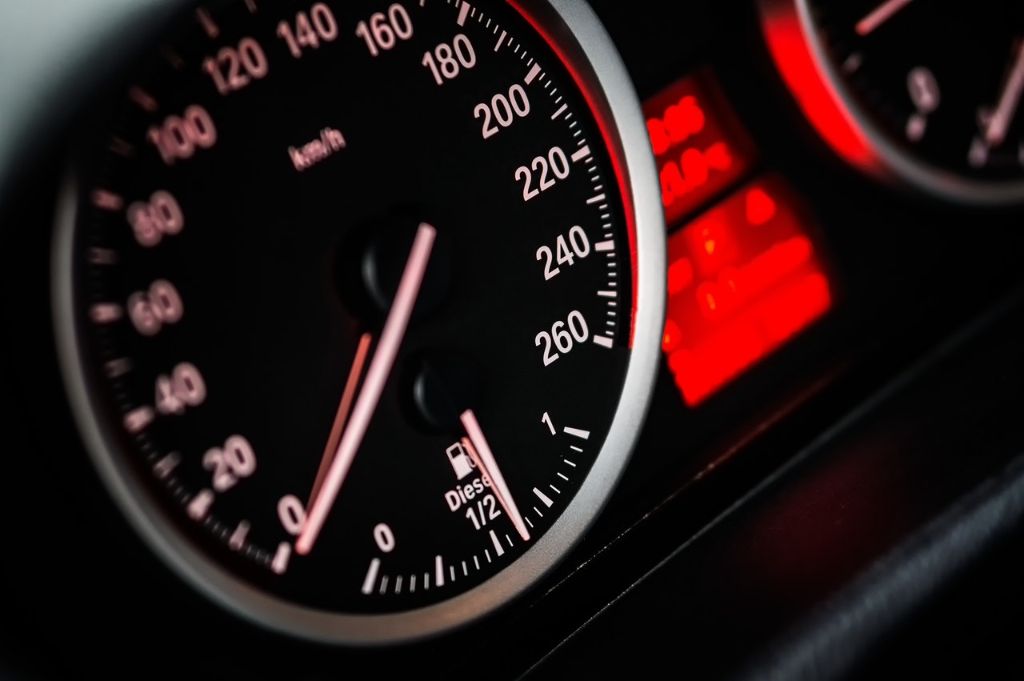
Filled your car engine with the wrong fuel? Here's what to do...
Filling your car with fuel is usually a pretty painless process (well, except for on your wallet), but what happens if you put the wrong fuel in your car? It's an easy mistake to make, especially if you're borrowing or have just purchased a new car. While it may seem like a minor thing, putting the wrong fuel in your tank is one of the most damaging things you can do to the inner workings of your vehicle.
Table of Contents:
- What are petrol and diesel?
- How are these fuels different?
- Which fuel to choose for your car
- What are the symptoms of a car with the wrong fuel?
- What are your options if the wrong fuel is in your car?
- More answers to your vehicle fuel questions
Let's run down why, what the difference between petrol and diesel is, how to know what your car takes, and what to do if you make a mistake.
What are petrol and diesel?
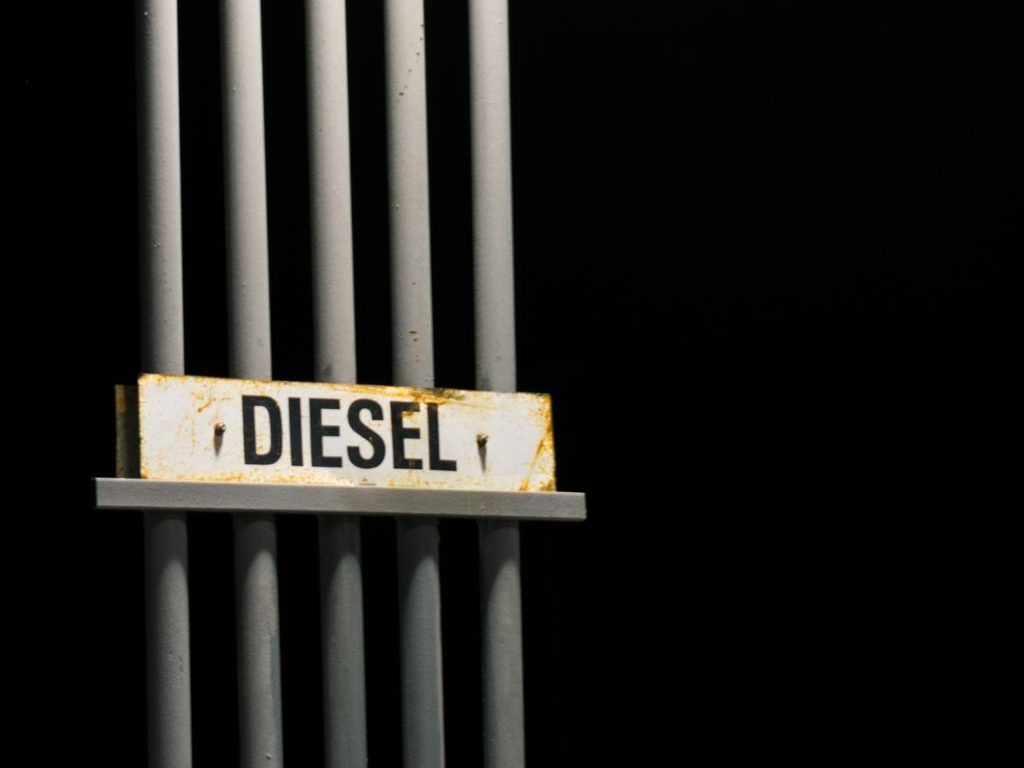
Petrol and diesel are two types of fuels that are available for different types of vehicles. The type of fuel your vehicle accepts will influence a variety of factors such as how often you need to get your vehicle serviced.
- Diesel engines can be up to 40% more efficient than petrol engines which is why they're a popular choice for transport, industry, agriculture and mining sectors.
- Petrol is much more common than diesel. Petrol engines are cheaper to make than diesel, and therefore, tend to be cheaper to buy.
How are these fuels different?
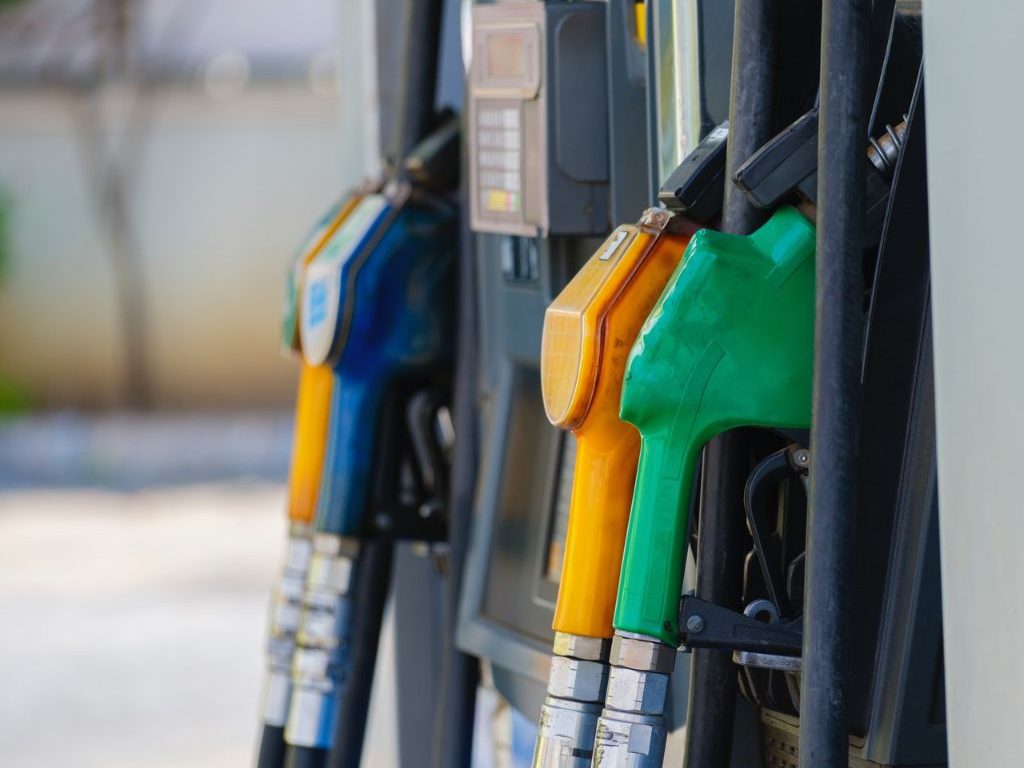
Petrol engines and diesel engines operate in different ways. In diesel engines, the air is compressed before the fuel is added, whereas in petrol engines the fuel is mixed with air inside a piston chamber, compressed by a piston and ignited by a spark plug. It's because the two engines operate in different ways that it's vital to use the right fuel for your engine.
It's also why you can cause a lot of damage to the insides of your car if you put in the wrong fuel. Running petrol through a diesel engine will reduce the lubrication properties, causing metal particles to enter the rest of the fuel system and cause significant damage.
Your mechanic will also diagnose your car differently depending on if you need a diesel fuel servicing or a petrol car servicing.
Which fuel to choose for your car
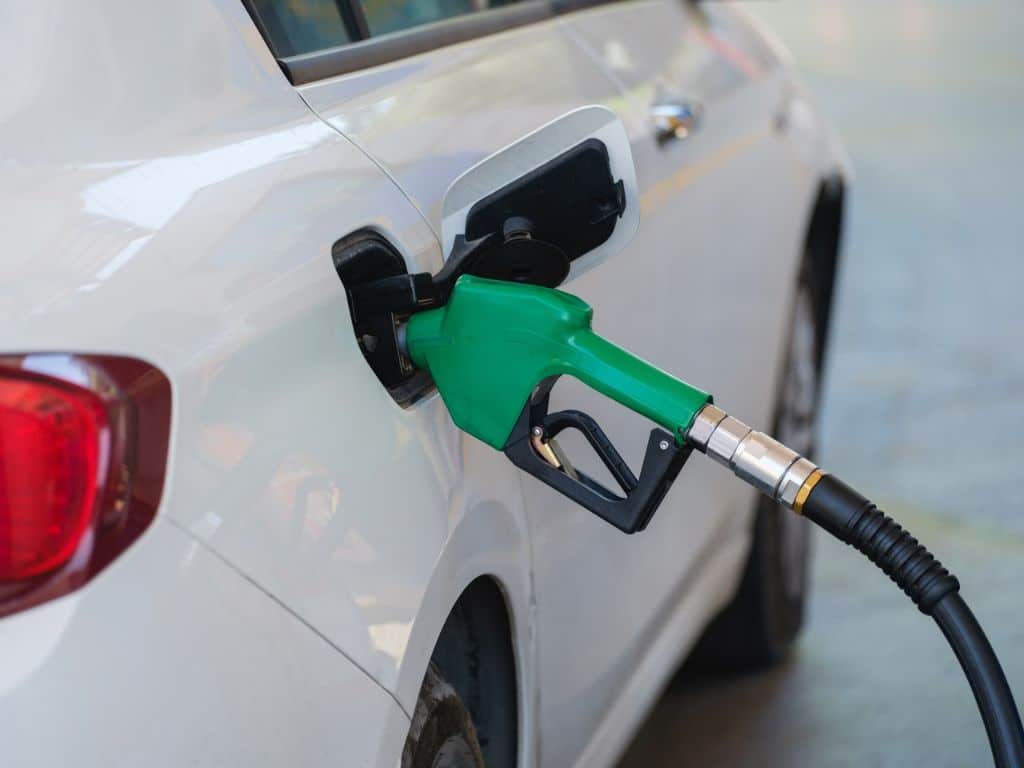
Most cars are clear on which fuel they take. This information should be included in the instruction manual and is often written on the inside of the fuel tank door. It's good idea to develop the habit of asking what fuel a car takes whenever you borrow or rent a car. If don't know, call the rental company or the person you borrowed the car from to make sure.
What are the symptoms of a car with the wrong fuel?
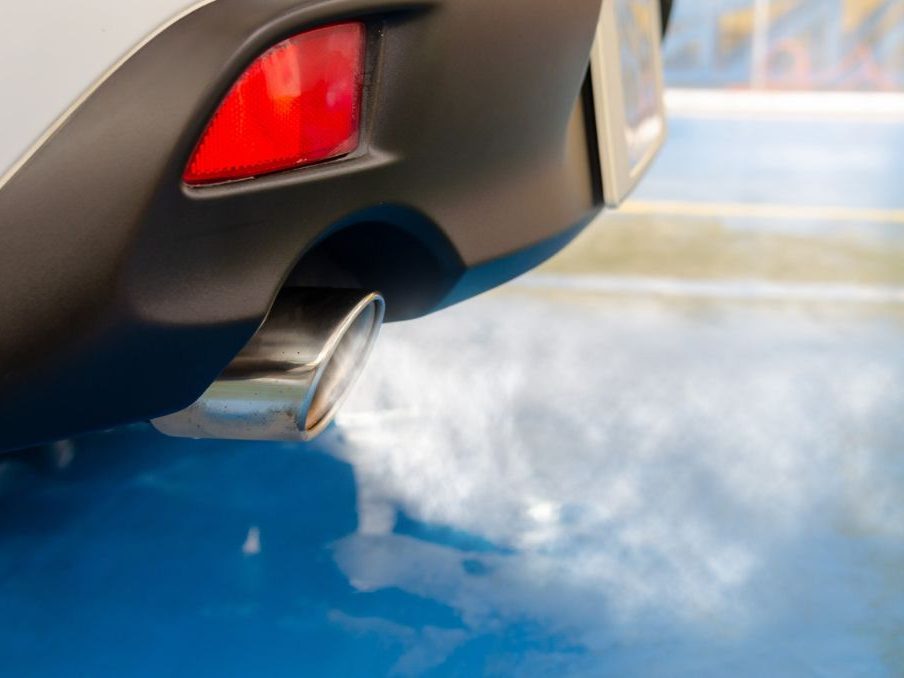
What if you aren't the one who last filled up the car? Maybe you've lent your car to someone else or a family member may be having issues with their car. Here are some symptoms to that may indicate the car has been filled with the wrong fuel:
- Engine running rough or stalling or has stopped altogether
- A loud knocking sound when accelerating
- Engine's harder to start than usual.
- Acceleration is slower than normal
- Any misfiring, pinging or backfiring.
- Your “Engine Check” has lit up.
- excessive smoke coming from your exhaust.
- your car struggling to restart.
To help narrow down the possibilities, try to pinpoint when the issues with the car. If you suspect petrol has been put into your diesel car, don't drive your car anymore.
What are your options if the wrong fuel is in your car?
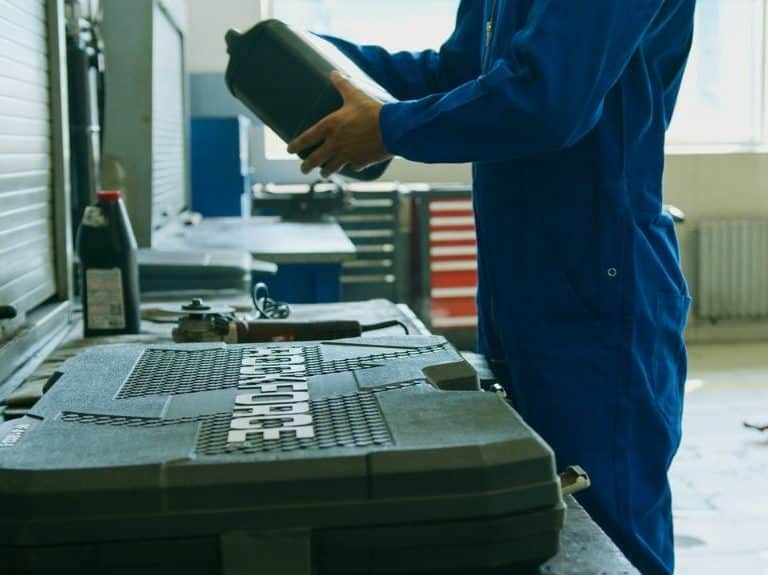
If you haven't started your car yet, DON'T. Do not even put your keys in the ignition. Instead, call roadside assistance or a trustworthy local mechanic. If you know you've put in the wrong fuel, we cannot stress enough how important it is not to turn on your car. Turning on the ignition could cause permanent damage to your car and will be expensive to fix. Don't even drive your car away from the pump. Instead, put your car in neutral and find someone to help you push your car away. The one silver lining is if you've just filled your car with the wrong fuel, there will likely be someone at the service station who can help you move your car.
If you have begun driving, pull over as soon as you safely can and turn off your car's engine. Call a tow-truck and organise to have your car taken to a mechanic.
Any damage caused by using the wrong fuel won't be covered under your warranty or insurance so the expenses are going to come out of your pocket.
More answers to your vehicle fuel questions

What if it was just a little bit of the wrong fuel?
Unfortunately, diesel engines, especially newer models, are very finely engineered and even a little bit of petrol can cause engine damage. If you've put any amount of wrong fuel in you car, you'll need to have your car fixed by a professional.
Can I try to remove the fuel myself?
No. Trying to siphon out the fuel yourself can be very harmful to your health. To add salt to the wound, it's incredibly unlikely to work. Odds are there will still be traces of the wrong fuel in your car and this is still enough to damage your engine. This is a professional job to leave a qualified mechanic.
How Can I Avoid this mistake?
We often fill our car on the way to somewhere else. It's easy be thinking of work, dropping the kids off at school, the shopping you need to later, and while you're pre-occupied you accidently pick up the wrong nozzle. While filling our car may seem as second nature as putting on a seatbelt, taking a few seconds to make sure we're about to put in the right fuel could save us a whole lot of hassle in the future.
At Bliss Mechanics we pride ourselves on delivering expert service with a friendly smile. We're your one stop location for automotive services, covering everything from logbook and warranty servicing, to performance or suspension upgrades, and major and minor repairs. If you're looking for any repairs or servicing click here for a quote or give us a call on 5325 1120.